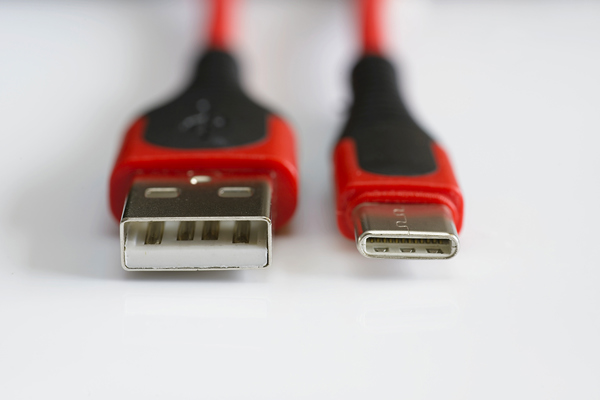– We have given the industry plenty of time to come up with their own solutions. Now is the high time for legal requirements for a common charger. This is an important victory for our consumers and for the environment and is in line with our digital and green ambitions, says Margrethe Vestager, Vice President of the European Commission.
The European Commission’s proposal comes from the European Parliament’s resolution last year, which would mean that a large number of our mobile devices, such as telephones, tablets, cameras, headphones and speakers, could all be charged with a USB-C charger.
From three to one
Just over ten years ago, there were just over 30 different charging cables. Today it is mainly about three pieces: USB-C, USB micro-B, and Apple’s charger called the Lightning connector.
Many politicians at EU level have been arguing for a common standard for a long time, and Commission studies estimate that unused chargers generate 11,000 tonnes of waste each year.
It can take years before the bill has any effect, as it will be debated both in the European Parliament and within each country. By 2022, the Commission hopes to have a proposal in place that both countries and producers have two years to implement.
– Having a standard charger would be a common sense victory in the eyes of consumers, says Ben Wood, analyst at the marketing and analysis company CCS Insight.
Apple worried
Among today’s producers, it is primarily Apple that stands out with its unique charger type.
“We remain concerned that such strict regulation with only one type of charger will hamper rather than encourage innovation, which in turn will affect consumers in Europe and around the world,” an Apple spokesman said.
At the same time, the latest Ipads and Macbooks already have USB-C today. Furthermore, Apple has said that the company’s goal is to make all their devices and their use carbon neutral by the year 2030.
Source: BBC
–


